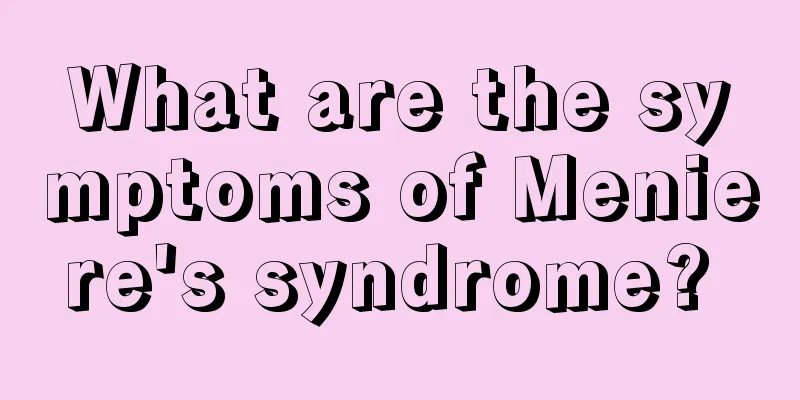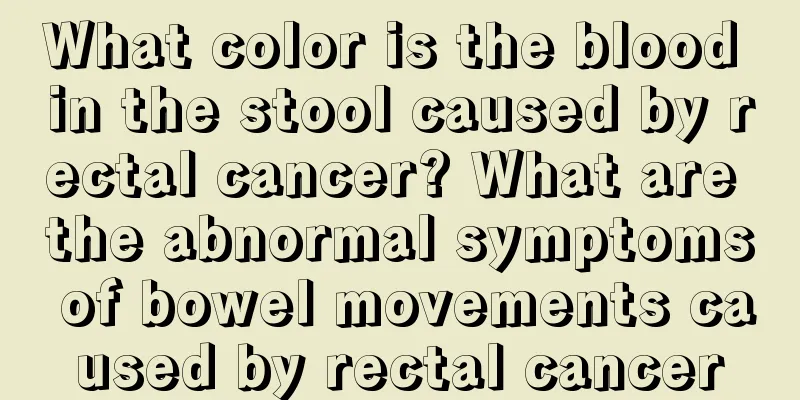What are the symptoms of glioma

|
With the improvement of living standards, the pressure of survival is getting greater and greater. Many people unfortunately suffer from glioma, which brings great distress to our body and mind. We are not aware of the harmfulness of this disease, but we know very little about its symptoms. The following article will introduce the symptoms of this disease in detail so that we can understand it, discover it as early as possible, and treat it in time to avoid endless harm to us. The course of glioma varies depending on its pathological type and location. The time from the onset of symptoms to the time of medical treatment is generally weeks to months, and a few can reach several years. The history of highly malignant tumors and posterior cranial fossa tumors is usually shorter, while the history of more benign tumors or tumors located in the so-called quiet area is usually longer. If the tumor has bleeding or cyst formation, the progression of symptoms can be accelerated, and some can even be similar to the development of cerebrovascular disease. The symptoms mainly manifest in two aspects: One is increased intracranial pressure and other general symptoms, such as headache, vomiting, vision loss, diplopia, epileptic seizures and mental symptoms. The other is local symptoms caused by compression, infiltration, and destruction of brain tissue by tumors, resulting in neurological dysfunction. Headaches are mostly caused by increased intracranial pressure. As the tumor grows, the intracranial pressure gradually increases, compressing and pulling on pain-sensitive structures in the brain, such as blood vessels, dura mater, and certain cranial nerves, causing headaches. Most of the headaches are throbbing and distending pains, mostly in the frontal, temporal, or occipital regions. For superficial tumors in one cerebral hemisphere, the headaches may mainly occur on the affected side. The headaches are intermittent at first, mostly occurring in the early morning. As the tumor develops, the headaches gradually worsen and last longer. Vomiting is caused by stimulation of the medullary vomiting center or the vagus nerve, and may be projectile without nausea. In children, the headache may not be obvious due to cranial suture separation, and because posterior cranial fossa tumors are common, vomiting is more prominent. Increased intracranial pressure can cause papilledema, which in turn can lead to secondary atrophy of the optic nerve and decreased vision. Tumors compressing the optic nerve can cause primary optic atrophy, which can also lead to decreased vision. The abducens nerve is easily compressed and pulled, often causing paralysis and diplopia. Some tumor patients have epilepsy symptoms, which may be early symptoms. Epilepsy that begins in adulthood is generally symptomatic and is mostly caused by brain tumors. Those who are difficult to control with drugs or whose seizures change in nature should be considered to have brain tumors. Those with tumors adjacent to the cortex are more likely to develop epilepsy, while those with tumors deep inside are less likely to develop epilepsy. Localized epilepsy has localization significance. Some tumors, especially those located in the frontal lobe, may gradually cause psychiatric symptoms such as personality changes, indifference, decreased speech and activity, inattention, memory loss, lack of concern for things, and lack of cleanliness. Local symptoms will occur according to the location of the tumor, and will progressively worsen. Especially for malignant gliomas, which grow faster, infiltrate and destroy brain tissue, and cause significant surrounding brain edema, local symptoms are more obvious and develop faster. Intraventricular tumors or tumors located in the quiet area may have no local symptoms in the early stages. Tumors in important functional areas such as the brainstem will show local symptoms in the early stages, and symptoms of increased intracranial pressure will not appear until a considerable period of time. Some tumors that develop more slowly often do not show symptoms of increased intracranial pressure until the late stages due to compensatory effects. The above introduces the symptoms of glioma. After reading it, do you have a certain understanding? At the same time, does it also strengthen your determination to treat glioma? After all, this disease can not only torture people's bodies but also bring serious harm to people's bodies at any time. I hope all friends can pay attention to this disease and go to a regular hospital for treatment in time if they find any discomfort. |
<<: Examination items that patients with pituitary tumor disease should do
>>: What are the early symptoms of thyroid cancer
Recommend
What are the chemotherapy options for lung cancer? 6 drug therapies are more reliable
More and more people are unfortunately suffering ...
The nature, flavor and meridians of wolfberry
Wolfberry is a food with health benefits in our d...
What are the characteristics of interventional treatment for liver cancer
In recent years, liver cancer has become one of t...
What food is good for chronic pharyngitis?
Chronic pharyngitis troubles many people, and if ...
Benefits of practicing yoga
Yoga is a very common sport. This kind of exercis...
Can gout patients eat roast chicken?
Gout patients suffer a lot because they have to e...
How to care for lung cancer patients? 5 key nursing measures for lung cancer
Lung cancer is not very rare in our daily life, b...
What is exercise-induced abdominal pain?
Some friends may exercise after eating, or suffer...
Which Chinese patent medicines are good for rheumatoid arthritis
As we all know, many diseases take a long time to...
What fruits can cool the blood?
Many foods have their own unique functions and ef...
What to do if a girl has dark armpits
Girls are more aware of dark armpits. The pores i...
Why do my lips and tongue turn purple? Reasons why lips and tongue turn purple
Whether your body is healthy or not can be shown ...
Chest X-ray manifestations of cor pulmonale
The heart is the largest hematopoietic organ in t...
Bra cup
Women's breasts begin to develop and grow in ...
How to remove yellowness from the face
Sometimes in life, we find that some people's...









